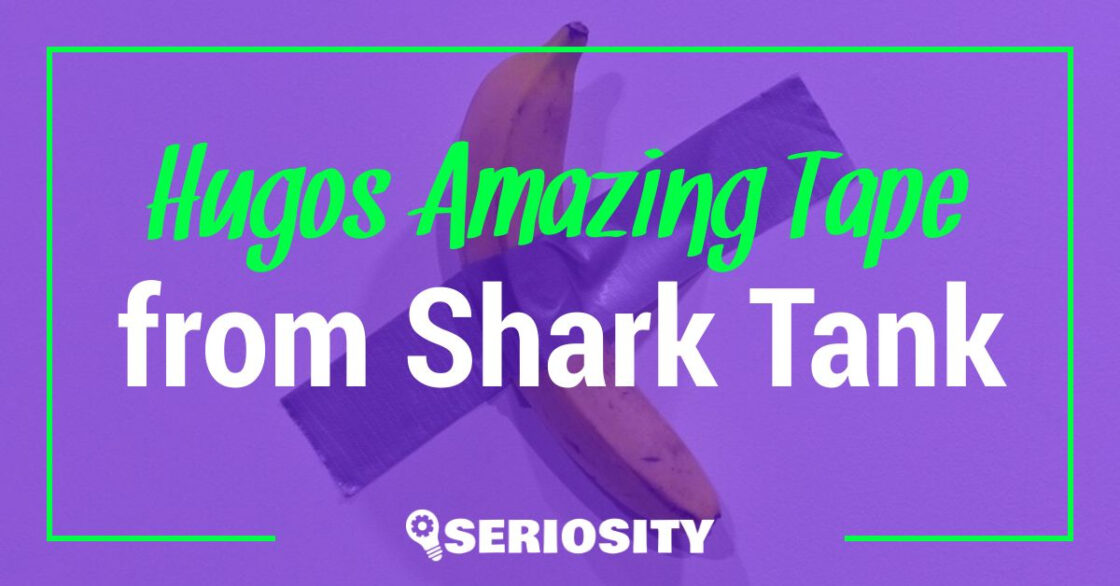Both the investors and entrepreneurs who appear on Shark Tank do so in the hopes of making a deal. Whenever deals are made, they feel like moments of triumph and relief for the parties involved. But are those deals made on Shark Tank actually real or are they simply tools used to create compelling television?
Do the Investors and Entrepreneurs Actually Make Deals on the Show?
Shark Tank is a reality show. That alone causes many people to believe that the events that take place on the show are staged. They assume that it’s all an act and that the people involved are just playing roles.
While Shark Tank certainly leans on flashy presentation and playing things up for dramatic effect, that does not take anything away from the fact that real deals are made on the show. The show is very real for both the investors and entrepreneurs.
The investors use their real money to buy ownership stakes in the companies they like. If they invest in a company that grows and accumulates profit, then they will be the beneficiaries of a smart investment. If a company goes belly up not long after receiving the investment, then the Sharks simply have to cut their losses.
The entrepreneurs also take on a considerable amount of risk when they make a deal. Many of the entrepreneurs who appear on the show have poured their savings into their companies. Giving up an ownership stake of that company to someone they only know from TV is undeniably a risk even if that person is an esteemed figure in the world of business.
Furthermore, there’s always a chance that the entrepreneurs end up making deals that are not favorable to them. That kind of thing can happen when someone relatively new to the world of business negotiates with people who are industry heavyweights.
Is a Deal Made on Shark Tank Official?
The negotiations that take place on Shark Tank are real and you can say the same thing about the deals they make. So, are the deals made on the show official? Are they already set in stone or can they still be changed?
It’s important to note that a deal made during the show is not considered official immediately. The handshake or hug that takes place between the investor and entrepreneur is an indicator that both sides have a tentative agreement. It doesn’t mean that the deal is finalized.
Finalizing a deal at that point would be risky for both sides. The two parties are given ample time to review the deal so they can decide what they want to do with a clear mind.
The investors will conduct their due diligence and scrutinize the company further. They will take more time to examine a potential partner company’s assets, business model, and financial status. If the investor discovers something they don’t like they are allowed to back out or renegotiate.
The entrepreneurs can also reconsider the deal they made when they were in front of the Sharks. Pressure from being in front of that panel can cause any entrepreneur to make an unwise decision. They can change the decision they made in the spur of the moment if they so desire.
How Many Deals Made on Shark Tank Are Finalized?
Since a deal made on Shark Tank is not official and both sides can still back out of it, you may be wondering about the number of deals that actually do close. Shark Tank’s Robert Herjavec discussed that topic not too long ago during an interview with Fool.com.
According to Herjavec, around 50 percent of the deals made on Shark Tank are eventually finalized. Crucially, that 50 percent figure only applies to the pitches that are shown on TV.
Former Shark Tank guest investor Daniel Lubetzky was also present during the interview and he said that the pitches that make it to TV are more likely to close. It’s likely that the actual percentage of deals that are finalized is lower than 50 percent because of those unaired pitches.
Herjavec also revealed why deals made during the show don’t often close. Early on in the show’s life, Herjavec said that many deals fell through because the entrepreneurs weren’t fully prepared for what they were getting into. They want to make a deal, but they couldn’t supply the necessary filings or documents that would make an investor comfortable with finalizing the partnership.
These days, Herjavec says the deals are more likely to fall through because of hesitation on the part of the entrepreneurs. Some of the entrepreneurs realize what kind of deal they made after their appearance and they decide they don’t want to take that risk.
Lubetzky also shared during the interview that the Sharks are expected to close their deals. The Sharks typically only back out if the business was presented inaccurately, if something major turns up during the review of the company, or if the entrepreneur wants to change the deal substantially.
How Do the Deals Made on Shark Tank Turn Out?
The investors on Shark Tank are some of the brightest minds in the world of business. Even so, that does not mean that they have the Midas touch when it comes to their Shark Tank investments.
As you’ve probably guessed, many of the companies that land deals still end up failing. Of course, pinning those failures on the Sharks would not be completely fair since they usually don’t buy enough equity to have controlling interest in the companies.
More than a few companies that were on Shark Tank have also blossomed into major successes. Some of the more notable successes include Scrub Daddy, Lollacup, and Bombas.
You also have companies that failed to land a deal that ended up succeeding anyway. Of those companies, Ring is probably the most resounding success as it has become a ubiquitous fixture for many American homes.
Conclusion
Shark Tank may play up the negotiations between investors and entrepreneurs for dramatic effect, but the deals made during the show are all real. Several factors will determine if the deals made on the show are eventually closed.





